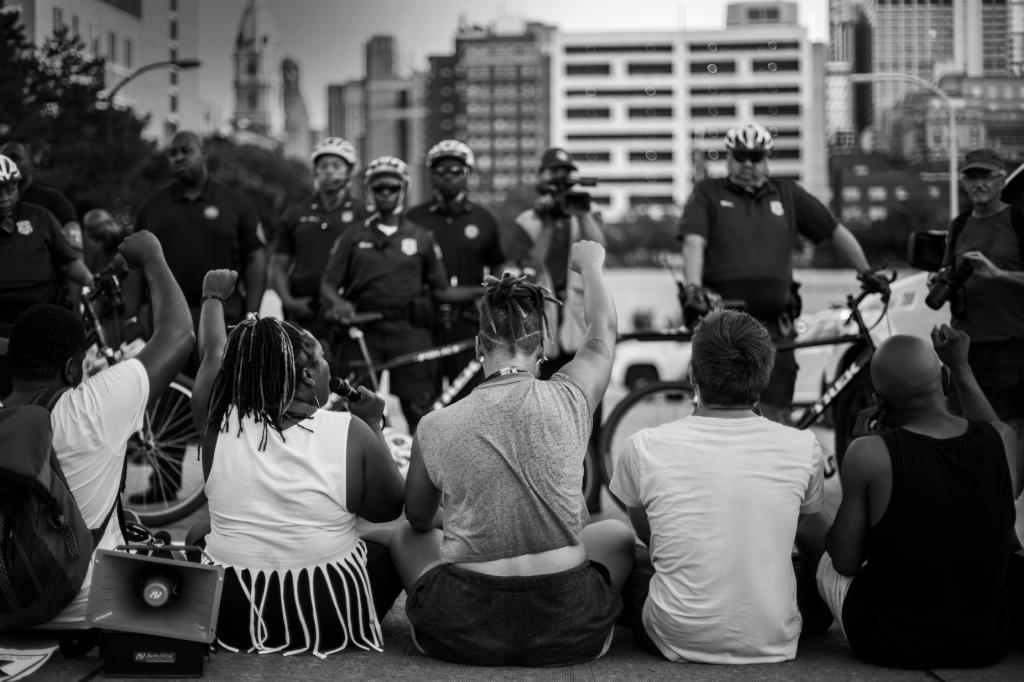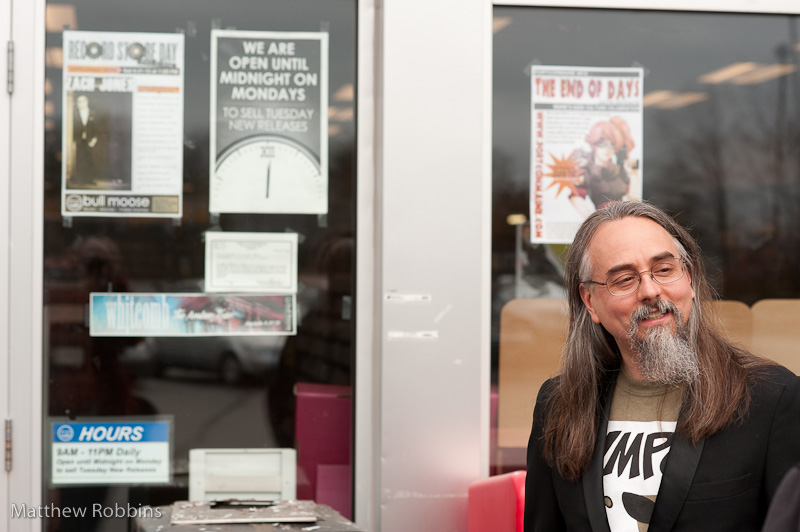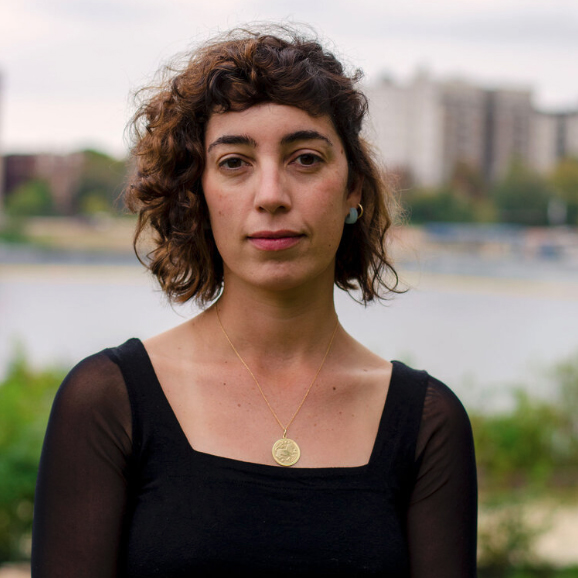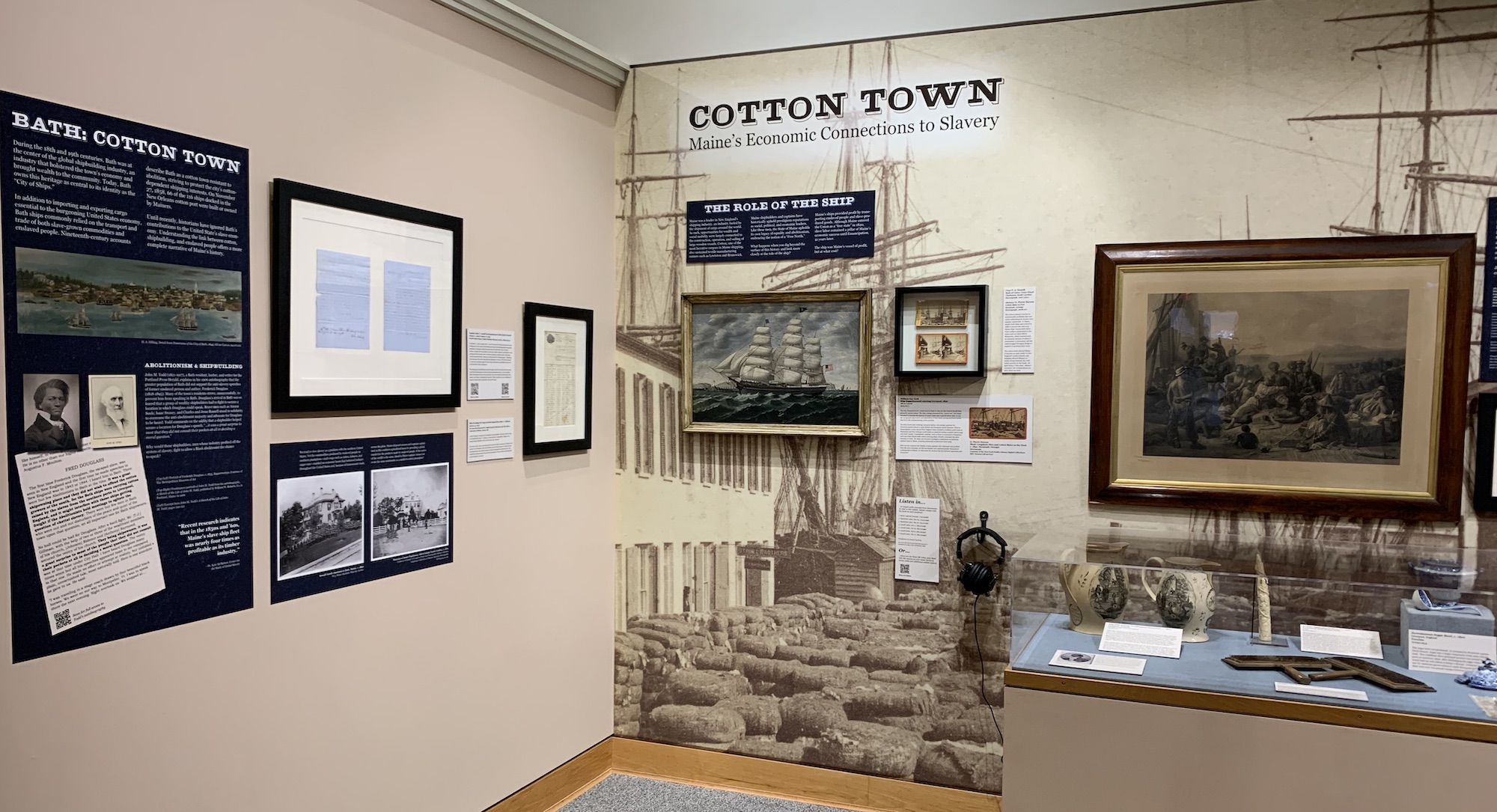Alex Reed '10 on Policing the Police

She spent last summer as a legal intern with a unit of the US Department of Justice, where she had the opportunity to work with experienced civil rights attorneys on investigations into police misconduct.
In early March she visited campus to share her insights into the some issues addressed by the Special Litigation Section—part of the DOJ's Civil Rights Division—as it works with, and if necessary, litigates against, police departments to achieve reform.
The section has conducted a number of high-profile probes in recent years, uncovering serious, systemic civil rights violations in departments across the country, including those in Ferguson, Baltimore, and, most recently, Chicago.
Reed, who had a chance to work on the investigations into the Baltimore and Chicago police departments, began her talk admitting that the police do not have an easy job: It's stressful, often dangerous, and not particularly well paid. "In Baltimore, the starting salary for a cop is around $43,000, and on top of that they're under-trained and under-resourced."
Nevertheless, media coverage of the deaths of a number of African-American men and women at the hands of police, and the growth of the Black Lives Matter movement, have thrust concerns about discriminatory policing, excessive uses of force, and police accountability into the national spotlight.
The current system of police oversight goes back to 1994, said Reed, when Congress, in the wake of the Rodney King beating, passed a law authorizing the Attorney General's office to investigate, and if necessary litigate, cases of systemic police misconduct. These are known as "Pattern or Practice" cases, she explained, where a pattern of behavior that violates the constitution or federal law occurs.
"Since 1994," she said, "there have been formal investigations into sixty-nine police departments, forty of which have resulted in reform agreements between the departments and the DOJ." Litigation is a last resort, she stressed: "It's only happened in six cases. Most of the time, the police departments realize there are problems that have to be addressed."
Common problems are excessive use of force, and unlawful stops, searches and arrests, with these types of incidents now increasingly being filmed on smart phones. A gender bias is also apparent, said Reed, as is the use of force against people with mental health issues.

"What does reform mean in practice?" She asked. "It often means an increased focus on community policing and training on things like the use of force, de-escalation techniques and bias-free policing." The so-called "first generation" of police reforms, said Reed, did focus on updating training manuals and making certain changes, but there was little focus on checking the numbers for compliance. A 2015 investigation by The Washington Post and PBS's Frontline highlighted the need for such reforms to be followed through and adhered to, and Reed said that in the second generation of reforms, there has been more emphasis on ensuring compliance.
Baltimore
The DOJ inquiry into the Baltimore Police Department was requested by the city's mayor shortly after the death of Freddie Gray, a twenty-five year old black man who died in police custody in April 2015. The 163-page report took more than a year to compile and release, said Reed, and uncovered a pattern of violations in the form of unconstitutional stops, searches and seizures, and intentional discrimination against African-Americans.
Reed referred to one example of systemic discrimination cited in the report. "A DOJ attorney was doing what we call a 'ride-along' where they accompany police officers in a car on patrol. On seeing a group of African-American youths, the sergeant in charge told the patrol to stop and order them to disperse." When one of police officers pointed out that there were no grounds for suspicion, the sergeant told him to make something up. "The fact that he felt comfortable saying this in front of a DOJ investigator is alarming," said Reed.
In January 2017, five months after the report came out, the Baltimore Police Department and the Department of Justice signed a consent decree committing the law enforcement agency to sweeping reforms, including increased training and having cameras inside all police vans.
"The key to a successful agreement," said Reed, "is to put policies and training requirements in place that are enforceable, and which can be readily mimicked by other police departments with similar issues." And these were exactly the type of reforms undertaken in Baltimore.
Chicago
Whether such reforms will take place in Chicago is unclear the moment. The DOJ investigation there was triggered in part by the 2014 police shooting of a young black man named Laquan MacDonald. The probe unearthed similar shortcomings and failures among the city's 12,000-strong police force: the use of deadly force in violation of the constitution and departmental policy; failure to accurately document and review use of force in order to fix problems. "There was also found to be a unconstitutional use of non-lethal force like tasers, as well as a failure to respond appropriately to people with mental health disabilities."
That report was issued on January 13, 2017, just before President Obama left office. New Attorney General Jeff Sessions has criticized the report for being "anecdotal," while DOJ maintains the examples given are representative of systemic failures. No consent decree has been signed between Chicago Police and the DOJ, and now, it may never happen:
"Chicago mayor Rahm Emmanuel has said he wants to make reforms," Reed added, "but whether the DOJ will be involved is unknown at this moment." And what's more, she said, Sessions has made it clear he is less likely to pursue new investigations into police misconduct in general.
All of which, she said, creates an environment which is a cause for concern among civil rights attorneys and underlines the importance of continuing to shine a light on abuses by law enforcement.
Alex Reed's talk was sponsored by the Africana Studies Program, the Student Center for Multicultural Life, Career Planning, and the Kurtz Fund.



